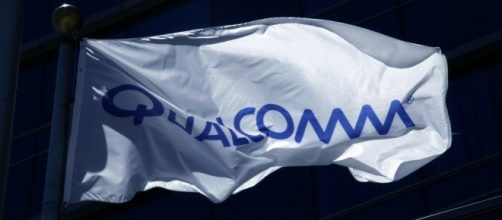Chipmaker Qualcomm Inc. has taken its fight with Apple to the next level. Qualcomm has filed lawsuits against the Cupertino-based company in china, asking for the ban on manufacture and sale of iPhones in the country. The latest lawsuit is the biggest move from the chipmaker in its ongoing legal tussle against Apple.
How will the ban impact Apple?
The San Diego-based chipmaker is playing it smart by trying to hurt Apple where it hurts the most. China is the largest smartphone market in the world and getting banned from the country would drastically impact iPhone sales.
Moreover, the largest number of iPhones are manufactured in China.
Therefore, if Apple is banned from selling or manufacturing its smartphones in China, the company will not only incur losses regarding revenue but will also have to seek out a different location for the handset’s production. The lawsuit has been filed at a Beijing intellectual property court and accuses the company of patent infringement. Christine Trimble, a spokeswoman for Qualcomm, stated that the company is seeking injunctive relief as compensation for the violations.
Apple sued over patent violation
Qualcomm’s lawsuit accuses Apple of violating three of its patents. The three patents in question were not essential to any industry standards and, therefore, Qualcomm did not require licensing them.
In an interview with Bloomberg, Trimble stated that Apple used the three Qualcomm patents and the chip manufacturer was not compensated for the same. The patents in question were allegedly applied on iPhone’s power management feature and also its force touch feature.
While responding to these allegations, Apple revealed that the claims were “meritless” and opportunistic efforts from Qualcomm to inflict damage would fail in time. Apple asserted that the patent the chip maker is talking about in its court documents were not discussed during the negotiations and were issued only recently, not before. Qualcomm’s move to ban iPhone sales is not an isolated incident as the company tried the same tactic in July this year.
In its first attempt, the chip manufacturer filed a similar lawsuit in the U.S. This lawsuit claimed that Apple violated some of its patents. According to Bloomberg, the latest lawsuit was filed on September 29, and the court is yet to make the fillings public.
It remains to be seen if the chipmaker will be successful in making Apple bow down or whether the two will come to an amicable agreement and bury the hatchet.


